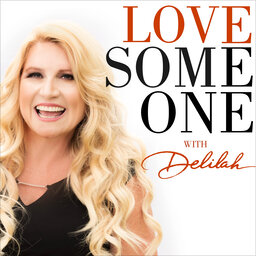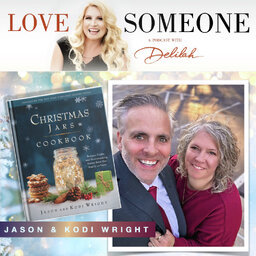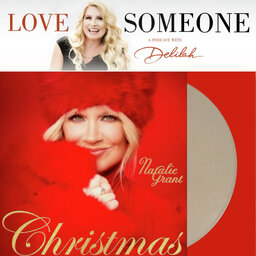MERCY SHIPS
Mercy me, do I have a fabulous podcast to share with you! We're doing a deep dive into the medical ministry of Mercy Ships, a 40-year old organization that sends floating hospitals into some of the poorest communities on earth. From humble beginnings, Mercy Ships has been able to complete over 100,000 life-changing surgeries and is dedicated to performing hundreds of thousands more, for people who otherwise would not have access to medical care. What's even more amazing, is that the organization is powered by prayer, donations, and volunteer efforts. Today I'm joined by Kerry Peterson, VP of Advancement at Mercy Ships, and 3 incredible volunteers, Rayanne, Marta, and Nate, who will share their experiences with us. We'll close with information as to how YOU might become involved, either by volunteering your time and skills, by donating, or by your prayers and blessings. Join us! ~ Delilah
Learn more about your ad-choices at https://www.iheartpodcastnetwork.com
 LOVE SOMEONE with Delilah
LOVE SOMEONE with Delilah


